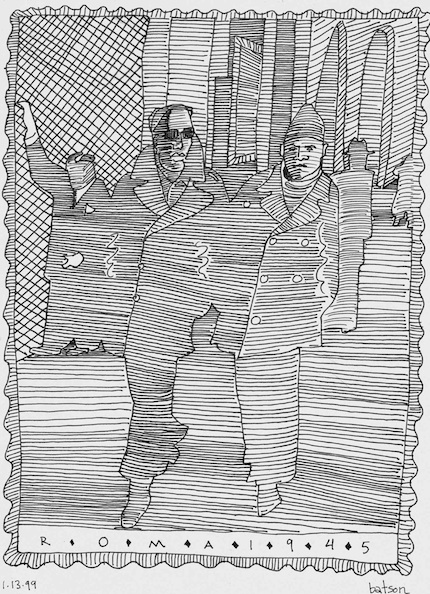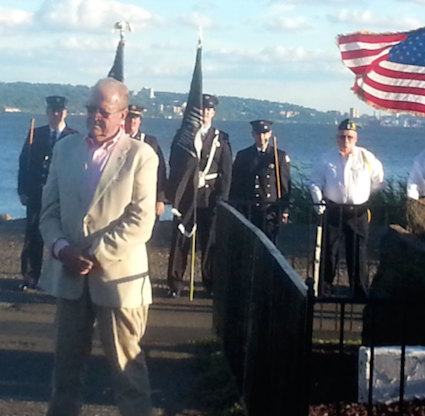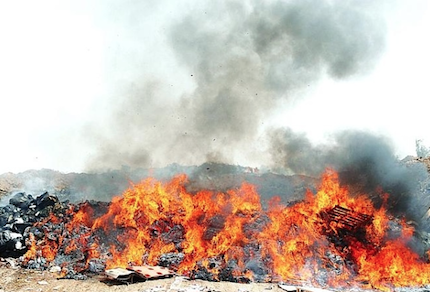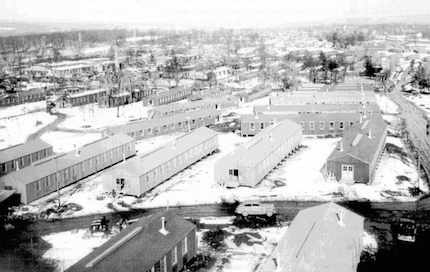by Bill Batson
“When I was coming up, practically every adult male was a veteran,” said Vietnam veteran Jerry Donnellan. Over 30 million Americans fought in World War II, Vietnam and Korea. Only 2.2 million have served in our 13 year-long conflict in Iraq and Afghanistan. “Veterans are treated better today than those who returned from the unpopular Vietnam War, but their position is tougher. The economy is the problem.” Donnellan is working to mitigate the impacts of this new dynamic as director of the County of Rockland Veterans Service Agency.
When Donnellan sits with a returning veteran, he asks if the vet is looking to go to school or to work. One option is much easier to address than the other. “When my generation came back, there was a Chevy plant in Tarrytown, and a Ford plant in Mahwah. There was a paper mill in Piermont, and U.S. Gypsum was in Haverstraw. As a 22 or 23 year-old coming out of the military today, unless you have a particular skill, you can only find work in a big box store or a fast food place.”
“For those who want to study, there is still the GI Bill. As a solider, you pay into it and the military puts more money in. When you come home you can go to a state school without it costing anything. You get tuition, housing and books,” said Donnellan. “That gives the vet some time to look around, decompress and get a sense of what the vet wants to do.”
The other major issue Donnellan helps veterans address is the process of seeking compensation for injuries suffered during combat. “Post traumatic stress is something very hard to wrap your head around. Soldiers are asked to stand on a wall with weapon. Then they are told to put their weapon down and ask the person they were protecting for help. It’s a difficult transition. The other difficulty is that a person in the military is a giving person. The soldier who has all of his fingers and toes has an aspect of survivor guilt when asking for medical attention besides others who have lost limbs.”
Donnellan suggests that there are other injuries that like PTSD might not be visible, but are very real. “Many develop respiratory issues while working in hot climates. Breathing sand that is like talcum power and smoke from burn pits where plastics and medical waste are incinerated is the problem.” Donnellan informs his brothers-in-arms that they can obtain free medical benefits within a five-year window. “But they have to apply.”
The lessons that Jerry
Donnellan shares were learned under fire. During the Vietnam War, Donnellan sustained three injuries in the same battle and lost the lower portion of his leg. For the last 25 years, Donnellan has led local government’s efforts to support veterans. Holding this post in Rockland County is a unique privilege. From 1942 until 1946, 1.3 million soldiers passed through Orangeburg’s Camp Shanks on their way to their deployments. Known as the “Last Stop U.S.A,” Camp Shanks was the embarkation point for 75% of the troops that fought on D-Day. Donnellan is the president of New York Vets, the non-profit entity that raises the money to operate the Camp Shanks Museum.
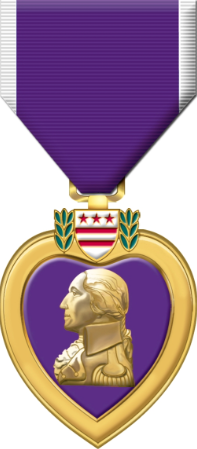 Donnellan describes the origins of his military career in the most self-effacing terms. “I was Rockland County’s least successful draft dodger. When I got out of high school in 1964, we had advisers in Vietnam, but we were not at war. I wasn’t anti-war. I just didn’t want to get up early and roll around in the dirt. The alternative was to go to college, where there were girls, music and beer. Unfortunately, I ran out of college before they ran out of war.” He was drafted in 1968 and injured near the North Vietnam border a year later. He received three Purple Hearts for his injuries.
Donnellan describes the origins of his military career in the most self-effacing terms. “I was Rockland County’s least successful draft dodger. When I got out of high school in 1964, we had advisers in Vietnam, but we were not at war. I wasn’t anti-war. I just didn’t want to get up early and roll around in the dirt. The alternative was to go to college, where there were girls, music and beer. Unfortunately, I ran out of college before they ran out of war.” He was drafted in 1968 and injured near the North Vietnam border a year later. He received three Purple Hearts for his injuries.
After the war, Donnellan returned to Rockland County working as a stage manager for venues like Rockland Community College, Theater-Go-Round in Nanuet and the Westchester Premier Theater. One night in Westchester in 1976, Donnellan was drafted again, this time by Frank Sinatra. Sinatra’s road manager Bob Keirnan had to rush back to Las Vegas to help Ann-Margret stage her act, leaving Donnellan to call the show. Jerry spent the next 11 years as Sinatra’s road manager.
When Donnellan talks about himself he is all laughs, but when he talks about his fellow vets, it’s strictly business. “I want to make sure that every vet applies for the benefits that they have earned.” Donnellan estimates the number of recently returning veterans eligible for assistance in Rockland County is approximately 2,000. “Many young people are computer literate, so I urge them to visit our website rockvets.com. You can ask questions without having to talk to some government guy in an office building,” Donnellan assures.
There are two opportunities to recognize the ultimate sacrifice and military service of others this month, both at the Palisades Mall.
Buffalo Soldiers Recognition Day, November 11
On Veterans Day, Tuesday, November 11, Rockland County’s Buffalo Soldier’s Association, an organization of African American Veterans, will hold a recognition ceremony at Mount Moor Cemetery. The historic African American burial ground is the final resting place of veterans from all the major military conflicts since the Civil War and is located on the southside of the Palisades Mall near the Route 59 entrance.
Toys for Tots, November 28
Help members of our military continue the humanitarian aspect of their service by supporting Toys for Tots. Since 1947, the Marine Corp Reserve League has collected donations of new unwrapped toys for less fortunate children in communities throughout America. The Rockland County Detachment, Marine Corps League is the local organizer of Toys for Tots. Starting Friday, November 28, there will be a collection sites throughout the county including on the third deck of the Palisades Mall. Collections will continue every weekend through Christmas.
See also:
Jerry Donnellan photo credit: Bill Demarest
Bill Batson is an activist, artist and writer who lives and sketches in Nyack, NY. “Nyack Sketch Log: Jerry Donnellan Serves Those Who Served” © 2014 Bill Batson.

